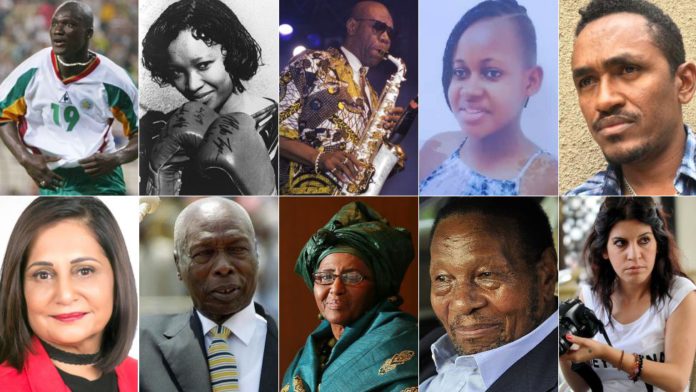As 2020 draws to a close, it is time to remember some of the iconic figures on the African continent who died this year.
Here is a look back at 10 of those to whom we have said farewell from the worlds of football, science, music, business, medicine, politics, activism and the arts.
Football: Papa Bouba Diop, 42
The Senegalese footballer, who died in November after a long illness, was feted for his performance in the 2002 World Cup where he scored his team’s winning goal against France and went on to see Senegal go on to the quarter-finals. No African team has gone further.
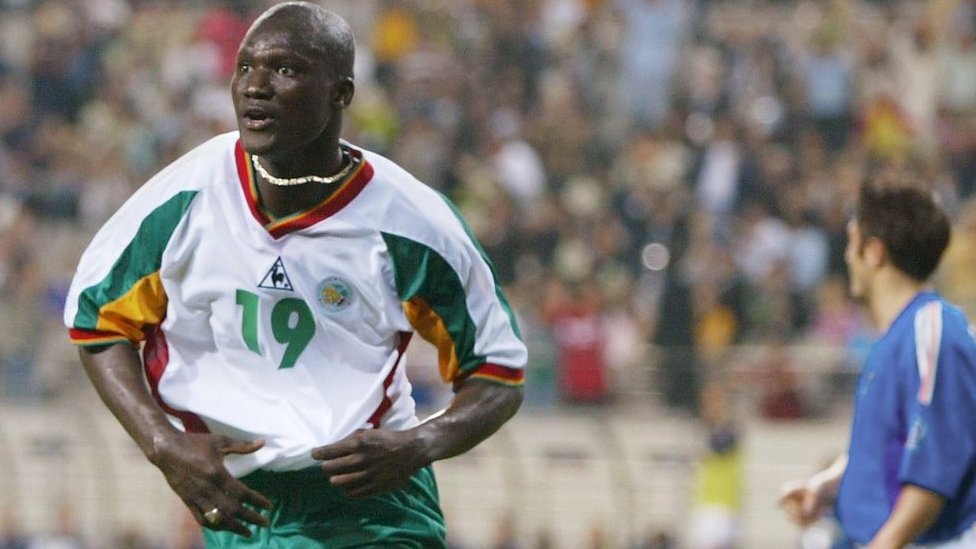
The highlight of his club career was winning the 2008 FA Cup with Portsmouth. He also played for Fulham, West Ham United, Birmingham City and French club Lens. Read more here.
We also lost: Leon Mokuna, from the Democratic Republic of Congo, and Gambian Alhaji Momodu Njie (popularly known as “Biri Biri”), who were both pioneering in terms of Africans playing in Europe – and Cameroon’s Stephen Tataw, who was a player who also grabbed global headlines for his World Cup feats.
Science: Gita Ramjee, 63
The world-renowned Ugandan-born South African scientist died in March of Covid-19 complications.
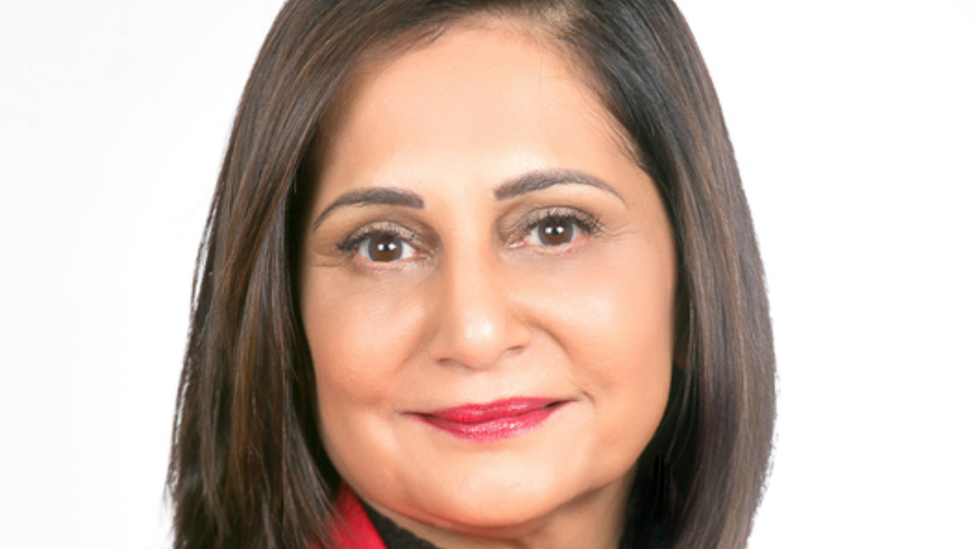
She was best known for her research on reducing the risk of HIV transmission among female sex workers. Two years ago she was given the Outstanding Female Scientist Award by the European Development Clinical Trials Partnerships. Read more here.
We also lost: Simon Mallam, the head of the Nigeria Atomic Energy Commission, who died in a gas explosion in Kaduna.
Music: Manu Dibango, 86
The Cameroonian saxophonist died in March from Covid-19. He fused jazz and funk music with traditional sounds and was best known for his 1972 song Soul Makossa.
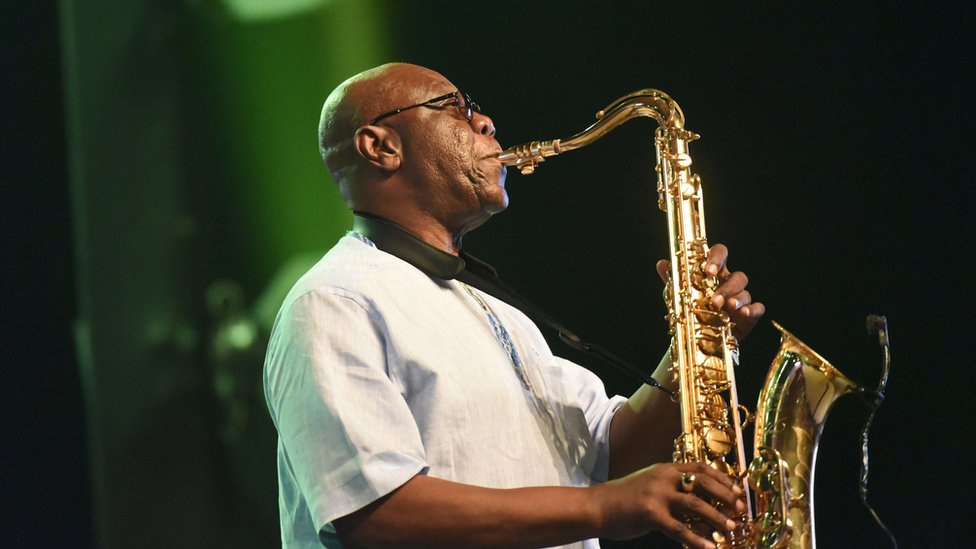
He famously filed a lawsuit in 2009 saying Michael Jackson had stolen a hook from it for two tracks on the world’s best-selling album, Thriller. The case was settled the case out of court.. Read more here.
We also lost: Afrobeat pioneer Tony Allen, Congolese greats Aurlus Mabele and Kasongo wa Kanema, Balla Sidibé, a founding member of Senegal’s Orchestra Baoba, Somalia’s “king of the oud”Ahmed Ismail Hussein Hudeidi, Kenya’s John Nzenze, Ladysmith Black Mambazo founder Joseph Shabalala, Rwandan gospel singer Kizito Mihigo, Algerian singer Hamid Cheriet, better known as Idir, Nigerian reggae legend Majek Fashek and Hachalu Hundessa (see below).
Business: Richard Maponya, 99
The entrepreneur, who died in January, was known as the the father of black retail in South Africa, defying apartheid restrictions to build up his business empire.
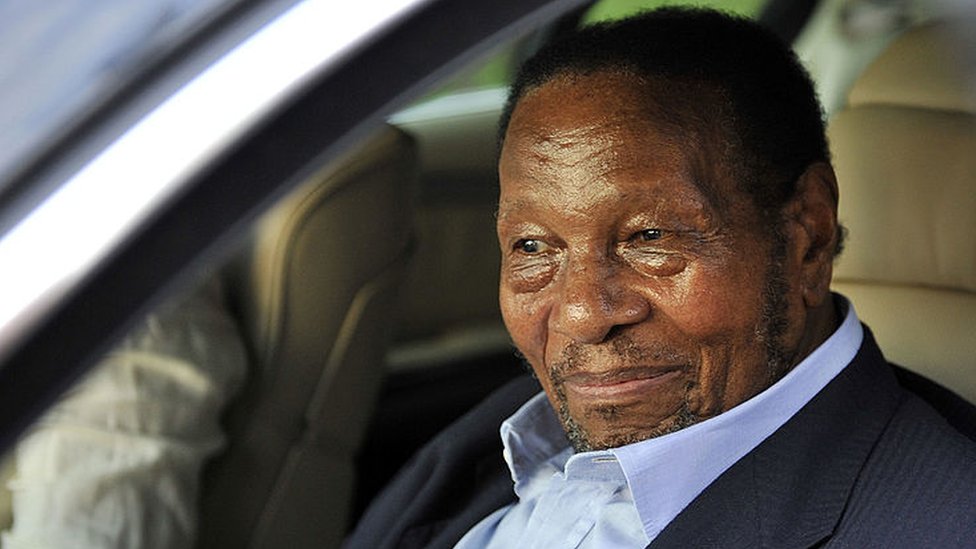
In Soweto, the country’s largest black township, he established the first BMW dealership and developed the Maponya Mall. Read more here.
We also lost:Sindika Dokolo, a Congolese businessman and art collector, husband to one of Africa’s richest women, Angolan Isabel dos Santos.
Medicine: Hawa Abdi, 73
The Somali doctor and human rights activist, who died in August, was known as the “Mother Teresa of Somalia”.
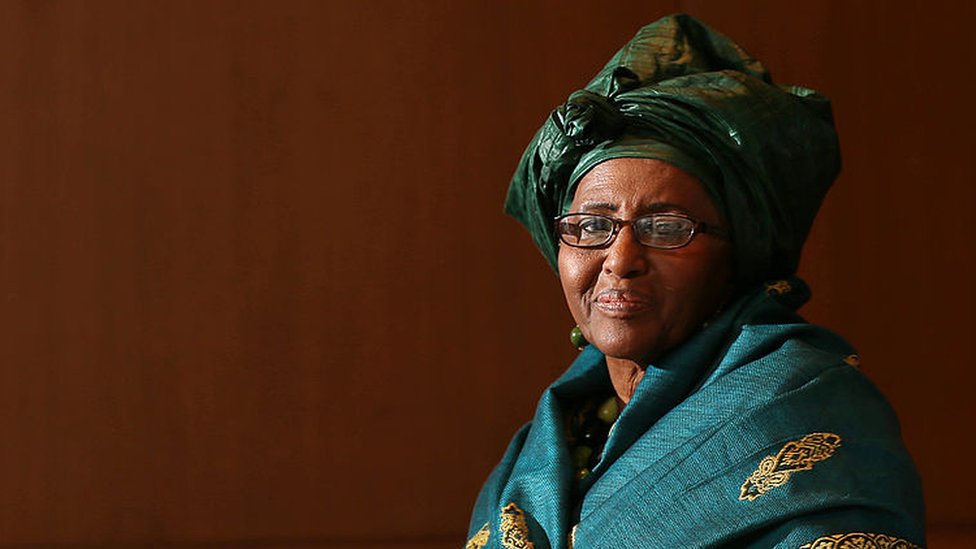
When her hospital was attacked in 2011 in the Lower Shabelle region by Islamist militants, she stood her ground and the insurgents withdrew following a protest by hundreds of local women. Read more here.
We also lost: Renowned Sudanese surgeon Adil El Tayar, Nigerian Emeka Chugbo, Ashraf Emarah, an Egyptian plastic and reconstructive surgeon who worked in Kenya, and Cameroon’s Tchouamo Michel, who all died from coronavirus. Catherine Hamlin, an Australian gynaecologist who became an honorary Ethiopian citizen for her fistula work, also passed away.
Politics: Daniel arap Moi, 95
The man who dominated Kenya’s political scene for more than a quarter of a century died in February. He was the East African nation’s longest-serving president, in office from 1978 until 2002.
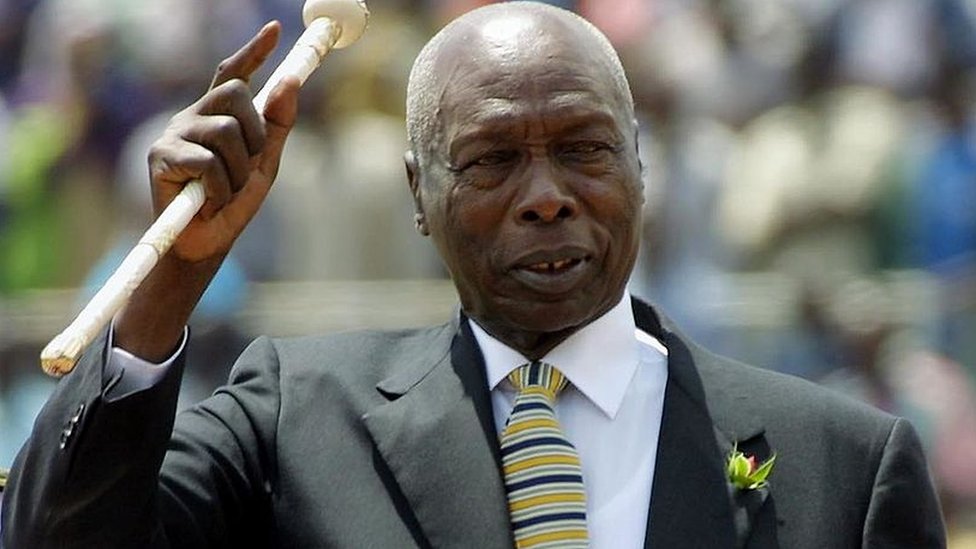
His allies credited him with maintaining stability, but his critics said he ruthlessly suppressed opponents and in 2004, he asked for forgiveness from “those he had wronged”. Read more here.
We also lost: Serving Ivorian Prime Minister Amadou Gon Coulibaly, Ambrose Dlamini, prime minister of Eswatini, and Burundian leader Pierre Nkurunziza (see below). Several other former presidents also died, including Ghana’s Jerry Rawlings, Egypt’s Hosni Mubarak, Tanzania’s Benjamin Mkapa, Mali’s Moussa Traoré and Amadou Toumani Touré, Niger’s Mamadou Tandja, Burundi’s Pierre Buyoya, Congo-Brazzaville’s Jacques Joaquim Yhombi-Opango and Mauritania’s Sidi Ould Cheikh Abdallah. Other prominent politicians to pass away were Libya’s Mahmoud Jibril, Somalia’s Hassan Abshir Farah, and Sudan’s Sadiq al-Mahdi, who had all served as their country’s prime minister.
Anti-apartheid struggle: Zindzi Mandela, 59
The youngest daughter of South Africa’s first black president Nelson Mandela, she was serving as ambassador to Denmark when she died from Covid-19 in July.
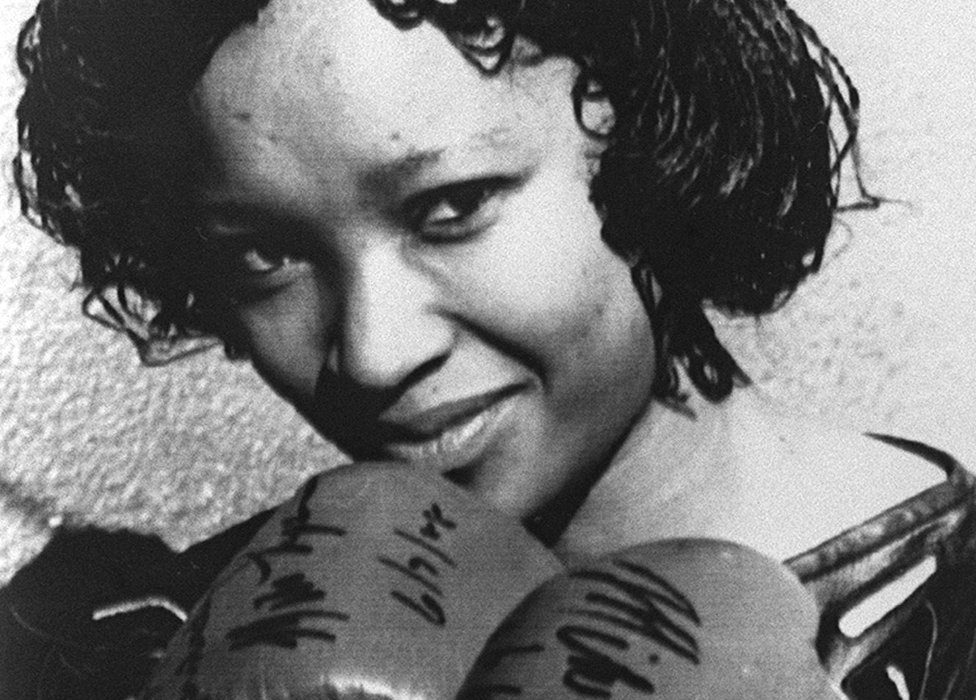
She grew up at the height of the fight against white-minority rule with her father imprisoned on Robben Island and endured years of intimidation by the apartheid regime. In February 1985 she read out her father’s rejection of then-President PW Botha’s offer of conditional release from prison at a public meeting. She went on to become an activist in her own right, pushing for radical land reforms. Read more here.
We also lost: human rights lawyer George Bizos, who famously defended Nelson Mandela, and Andrew Mlangeni and Denis Goldberg, who were convicted along with Nelson Mandela at the infamous Rivonia Trial.
The arts: Nikita Pearl Waligwa, 15
The Ugandan child actress died in February from a brain tumour. The star of the Disney film Queen of Katwe, about a chess prodigy, was first diagnosed with a tumour in 2016 and the film’s director reportedly mobilised people to help fund her treatment in India. A year later she was given the all clear, but she was found to have another tumour in 2019.
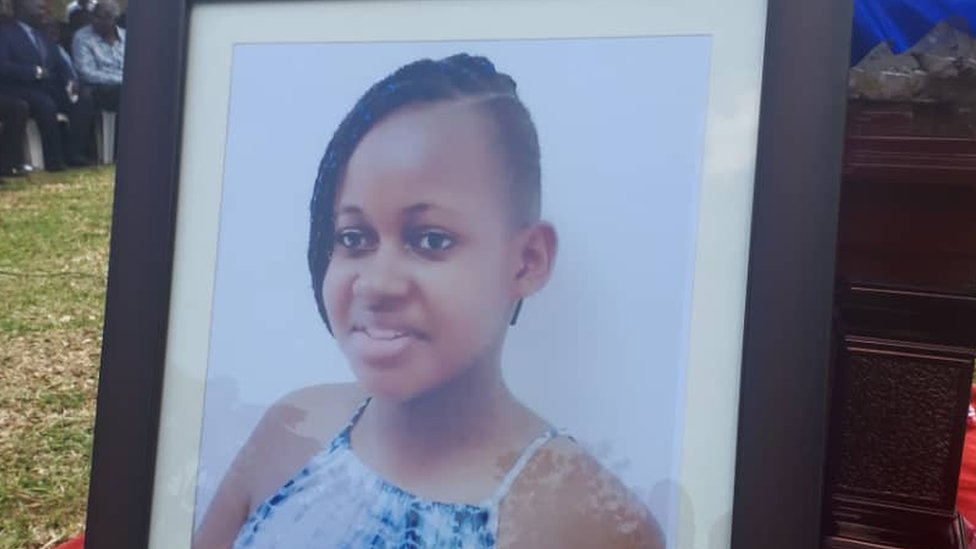
Her co-star David Oyelowo said she had been a “ball of light” in the film and in her life: “Her battle with a brain tumour was humbling to witness.” Read more here.
We also lost: Two literary greats from Nigeria, author Chukwuemeka Ike and poet John Pepper Clark; Kenyan Swahili author Ken Walibora, prominent Egyptian actor Mahmoud Yassine and celebrated South African photographer Santu Mofokeng.
Activism: Lina Ben Mhenni, 36
The Tunisian blogger and civil rights activist died in January following a long battle with the auto-immune disease lupus.
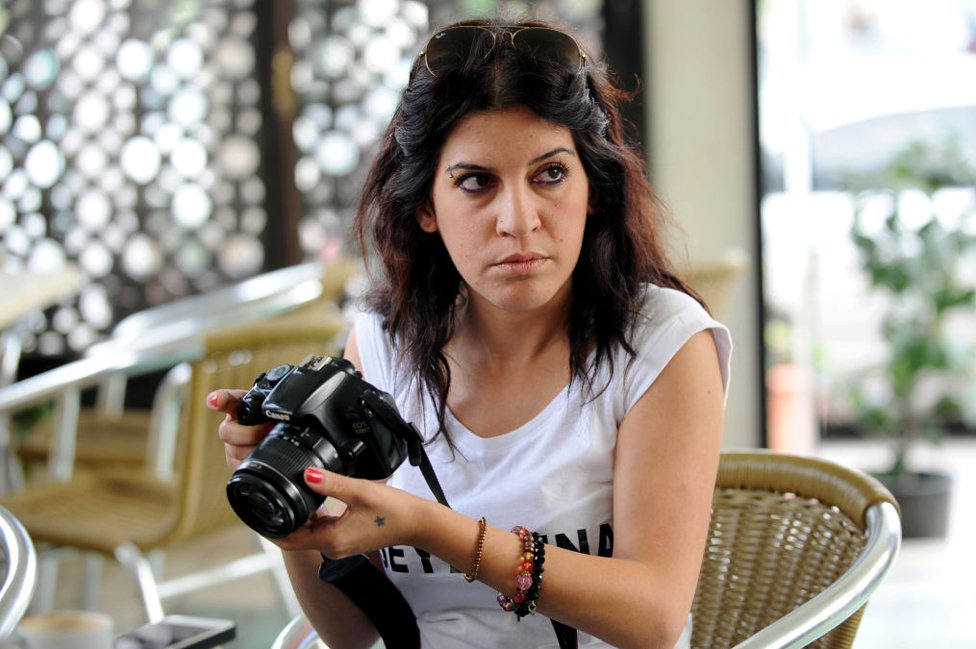
She rose to prominence in the early days of the 2011 revolution through her blog Tunisian Girl. She was one of the few people to document a crackdown on protesters in Sidi Bouzid – where the uprising that eventually toppled autocratic President Zine el-Abidine Ben Ali began, sparking the Arab Spring. Read more here.
We also lost: Uganda’s Barbara Allimadi, famous for her “bra protest”, Libyan anti-rape activist Hanan al-Barassi, and Nigerian #EndSars protester Anthony Unuode.
Biggest impact: Hachalu Hundessa, 34
The killing of the popular Ethiopian musician in June led to a wave of ethnic unrest, leaving more than 160 people dead and prominent opposition figures, including Jawar Mohammed, facing terrorism charges.
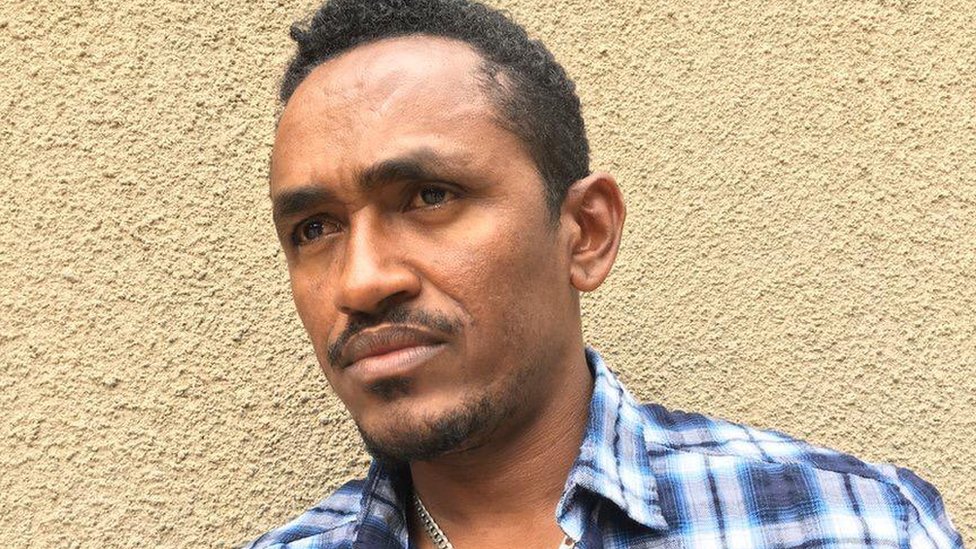
Hachalu’s songs focused on the rights of the country’s Oromo people, Ethiopia’s largest ethnic group, and became anthems in a wave of protests that led to the downfall of the previous prime minister in 2018. Read more here.
We also lost: Burundi’s President Pierre Nkurunziza, who had been in power for 15 years. When the ex-rebel leader first came into office after the civil war, he seemed committed to peace, but his campaign for a third term in office in 2015 plunged the country into chaos. He had been preparing to step down as president to become Burundi’s “supreme guide to patriotism”.

